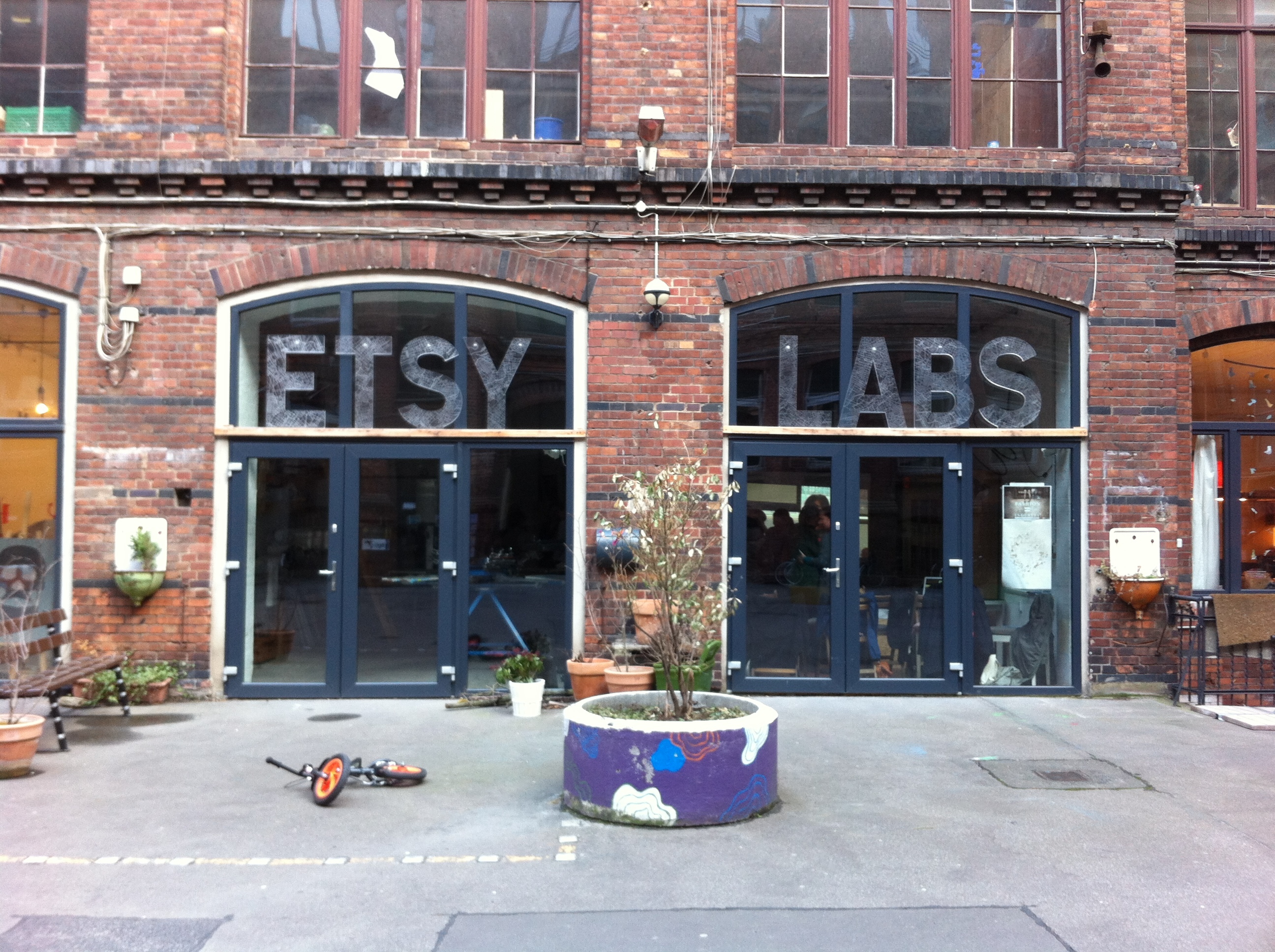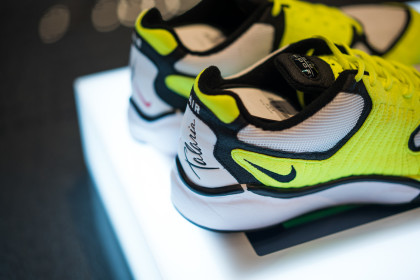
Being Responsible About Artistry
We’ve been talking about this a lot recently. What is one supposed to do when their creativity has been infringed on and what can we as consumers do to make an effort to preserve people’s creative outlets?
It seemed simple a decade ago. With the rise of the internet we saw a bunch of great websites open up to help support small “made at home” businesses. Businesses like Etsy saw a huge rise in popularity as creators and enthusiasts flocked to the site to start building and buying. Certainly wholesome at first, it was easy for people to forget that Etsy itself was still a business, and not just a marketpalce. The only way Etsy can grow is if their sellers are able to sell. It quickly turned into a resource pool for big brands to find ‘inspiration’ for their stores, swiftly capitalizing on other people’s artistry.
It’s clear to see now that they aren’t just here to make a common e-space for selling kitschy crafts. Plagiarism became a common complaint for many sellers and not much could be done to honour their creative copyrights. Etsy, as it appears, hasn’t been the best at sticking up for the businesses they are hosting either.
It’s far too commonplace for artists to see their work reproduced cheaply, and your options are limited in how you can fight back. We see big brands accused of stealing designs fairly often, the difference is that these younger designers don’t have a platform to fight back on. This doesn’t just happen to small businesses either, it’s also people’s culture that are being pinched. This week we even saw the not-so-subtle rip of an Inuit clothing design being sold as an $800 sweater from the brand KTZ. Although the brand has since pulled the design and apologized, it begs the question, do we have to start copyrighting our culture?
Taking a note from shows like Shark Tank, where people present their product ideas to a panel of thirsty investors, “If you don’t have a patent, it’s not a business yet.” Is this the only way we can protect our creativity, by going through the system? Sadly, it seems as if that’s true.
It’s unfortunate it has come to this point, but when shopping at bigger brand name stores, it’s safe to assume a lot of their goods have been passed off as their own even though they were stolen (most likely from a small business who are unable to keep up with the legal distractions).
So what can we do? Well, there’s no fool proof solution, and this homogenization of this ‘creativity’ is certainly something we need to make an effort to change. It’s on us, as a community, to be conscious of the products we’re buying so we don’t propagate these discount options. Never stop questioning your sources and challenge yourself to do a bit of homework before purchasing something.
We’ve been talking about this a lot recently. What is one supposed to do when their creativity has been infringed on and what can we as consumers do to make an effort to preserve people’s creative outlets?
It seemed simple a decade ago. With the rise of the internet we saw a bunch of great websites open up to help support small “made at home” businesses. Businesses like Etsy saw a huge rise in popularity as creators and enthusiasts flocked to the site to start building and buying. Certainly wholesome at first, it was easy for people to forget that Etsy itself was still a business, and not just a marketpalce. The only way Etsy can grow is if their sellers are able to sell. It quickly turned into a resource pool for big brands to find ‘inspiration’ for their stores, swiftly capitalizing on other people's artistry.
It’s clear to see now that they aren’t just here to make a common e-space for selling kitschy crafts. Plagiarism became a common complaint for many sellers and not much could be done to honour their creative copyrights. Etsy, as it appears, hasn't been the best at sticking up for the businesses they are hosting either.
It’s far too commonplace for artists to see their work reproduced cheaply, and your options are limited in how you can fight back. We see big brands accused of stealing designs fairly often, the difference is that these younger designers don’t have a platform to fight back on. This doesn’t just happen to small businesses either, it's also people's culture that are being pinched. This week we even saw the not-so-subtle rip of an Inuit clothing design being sold as an $800 sweater from the brand KTZ. Although the brand has since pulled the design and apologized, it begs the question, do we have to start copyrighting our culture?
Taking a note from shows like Shark Tank, where people present their product ideas to a panel of thirsty investors, “If you don’t have a patent, it’s not a business yet.” Is this the only way we can protect our creativity, by going through the system? Sadly, it seems as if that’s true.
It’s unfortunate it has come to this point, but when shopping at bigger brand name stores, it’s safe to assume a lot of their goods have been passed off as their own even though they were stolen (most likely from a small business who are unable to keep up with the legal distractions).
So what can we do? Well, there's no fool proof solution, and this homogenization of this ‘creativity’ is certainly something we need to make an effort to change. It’s on us, as a community, to be conscious of the products we’re buying so we don’t propagate these discount options. Never stop questioning your sources and challenge yourself to do a bit of homework before purchasing something.




